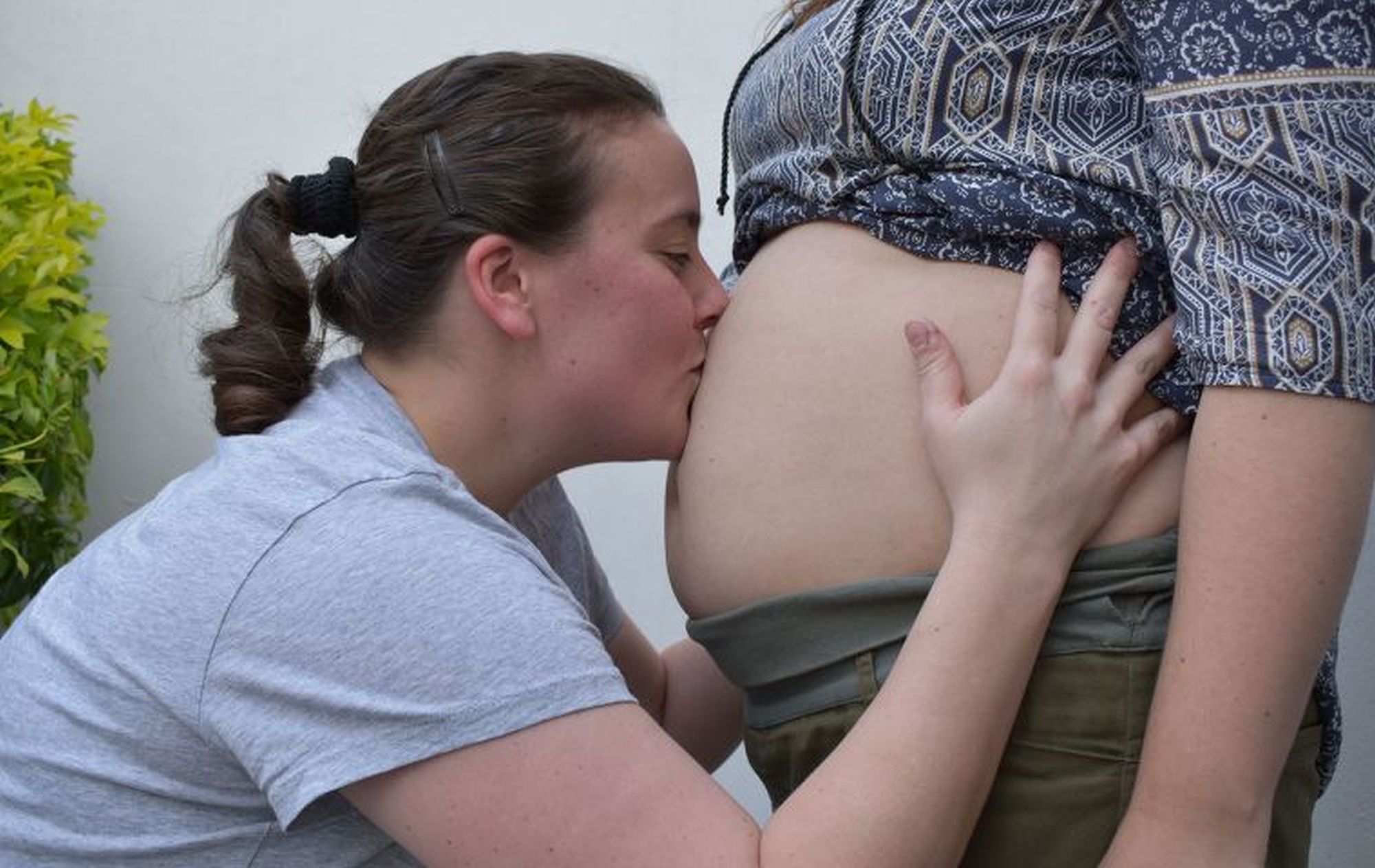Brazil’s Supreme Federal Court (STF) ruled that non-pregnant women in same-sex unions are entitled to “paternity” leave. The rationale is to be applied to all similar cases in the whole country, it was also determined.
The decision applies to the case of a civil servant from São Bernardo do Campo (Sâo Paulo) who requested 120 days’ maternity leave due to the birth of a child generated by heterologous artificial insemination.
Despite proving the birth of the child, the leave was denied by the administration due to the lack of a legal provision. An appeal was filed before the São Paulo courts which granted the leave. Subsequently, the São Bernardo City Council took the case to the STF, whose ruling will be valid for public servants and private sector workers alike.
Following the STF’s decision, whenever a mother requests 120 days’ maternity leave, her partner will be able to take a five-day leave, equivalent in duration to a paternity leave.
Case rapporteur Justice Luiz Fux argued that, although the law does not expressly state this, the Supreme Court must guarantee the constitutional protection of children. Hence, a non-pregnant mother is also entitled to leave. This rationale is now mandatory for all courts nationwide.
“The leave is also intended to protect adoptive mothers and non-pregnant mothers in same-sex unions, who, despite not experiencing the typical changes of pregnancy, bear all the other roles and tasks that fall to them after the formation of the new family bond,” Fux said.
Justice Alexandre De Moraes also recognized the right to leave but insisted that the two women in a stable union should have the benefit. “The Constitution established a longer leave for the mother, taking into account her status as a woman. If both are women, both of them are mothers,” he maintained.
He added that if the STF was to recognize the non-pregnant mother a leave just as long as the one granted to fathers “we’re replicating the traditional model, man and woman.”

